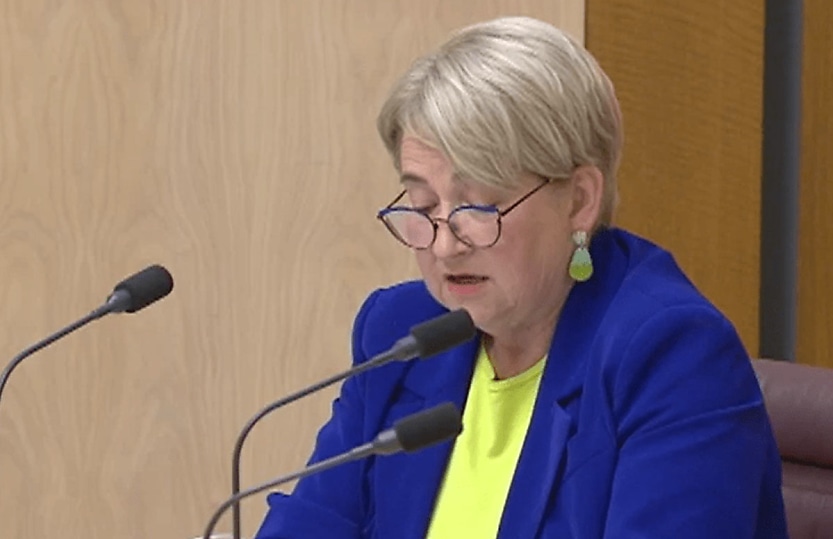Government shirks big 4, senator calls for government consulting revamp

Senator Barbara Pocock has called for reforms to government consulting engagements as the Department of Finance continues to review PwC's government contracts.
“The last year has revealed serious weaknesses in the regulation and enforcement of external contacts with the Commonwealth government,” Senator Barbara Pocock told a parliamentary hearing on Monday.
“The regulation of consultants and the enforcement of contract terms has been shown to be seriously lacking right across government.”
Senator Pocock added that further reforms of the public sector’s approach to external consulting were needed.
From 1 July, all federal government departments will be required to introduce targets to bring core work back in-house over time.
Agencies will continue to make their own procurement decisions, though the APS Strategic Commissioning Framework encourages agencies to consider contracting with small businesses, First Nations businesses, and specialist suppliers including universities, not-for-profits, peak bodies, and community-controlled organisations.
The framework also reiterates the need to avoid contracting with suppliers who might have conflicts of interest.
On Monday, Andrew Danks, first assistant secretary, procurement at Finance said the government was continuing to review the federal government’s engagement with PwC following the tax leaks scandal.
“There are not a lot of contracts PwC has with the Commonwealth anymore … We still think it’s important we finish that review to provide agencies some comfort around the ethical soundness,” Danks said.
Danks added Finance was still preparing rules that would require firms to disclose any potential confidentiality breaches to the public service.
Finance will also create a naming and shaming central register which would make clear where consulting contracts have been terminated and with whom, said Richard Windeyer, deputy secretary of the Department’s commercial group.
Windeyer added that Finance is also reviewing its confidentiality agreements with consultants to produce a new code to be made public as early as July.
In an appearance at the Parliamentary Joint Committee on Corporations and Financial Services on Tuesday, ATO second commissioner Jeremy Hirschhorn said the last year has made clear that conflicts in government consulting work for larger, “systemically important” firms are often insurmountable.
“When you're providing advice to government on how to change the rules that apply to your client base, you might well find that you've got irreconcilable conflicts,” he said.
“I would hope that the leaders of significant firms would also be considering or reflecting deeply on the events of the last year, and how this conflict might play out and be managed in future.”
As early as last year, there were signs the big four consulting firms were feeling the sting of a government pullback in favour of internal skill-building and smaller suppliers and similar lower demand across the private sector.
AusTender data recorded a $15 million drop in big four federal government consultancy work between Q4 2022 and Q4 2023.
EY was the only big four firm to record growth in government work during that period, while PwC reported zero income from federal work in Q4 2023.
Research from Beaton Research and Consulting recently found that the big four had “fallen out of favour for the majority of government clients.”
Fifty-seven per cent of government client respondents indicated that they would not consider using a big four firm for their future needs.
The damage was not limited to the public sector, however. In under a year from the beginning of 2023, the percentage of smaller clients who reported using a big four firm as their primary adviser halved from 54 per cent to 26 per cent.
“To say that 2023 was a bad year for professional services is an understatement,” wrote George Beaton for The Australian Financial Review.
“Public trust in professional services has been trashed. The damage that the big four sustained is substantial.”
Research from the AFR found that mid-tier growth substantially outpaced the big four average.
Mid-tier firms – including BDO, RSM, Grant Thornton, Pitcher Partners, William Buck, and McGrathNicol all enjoyed growth of 15 to 18 per cent while the big four average was 12 per cent.
Contracts to small firms jumped by 400 per cent from Q4 2022 to Q4 2023, disproportionately favouring Canberra-based consultancies.






